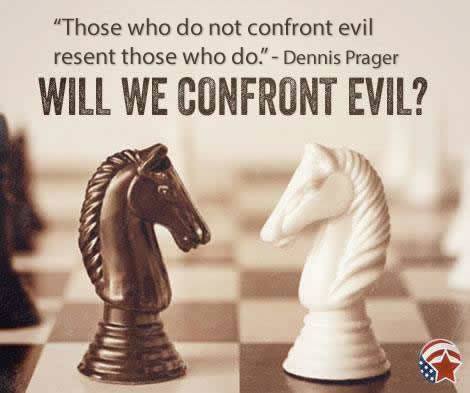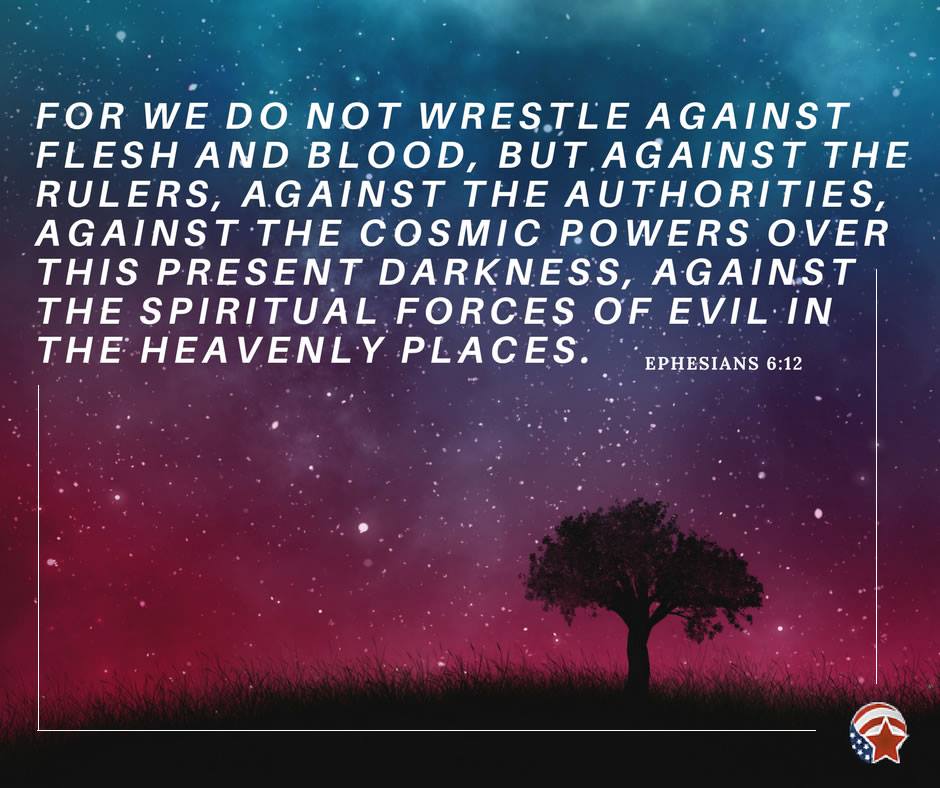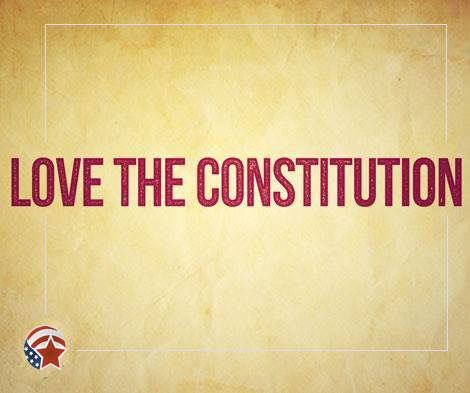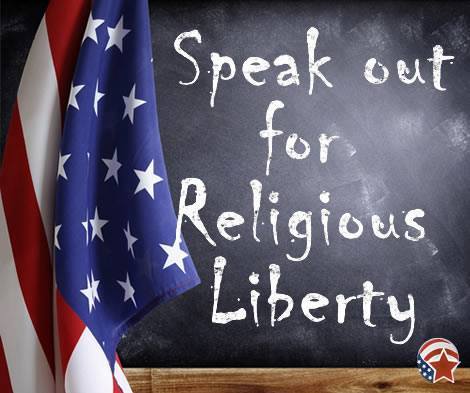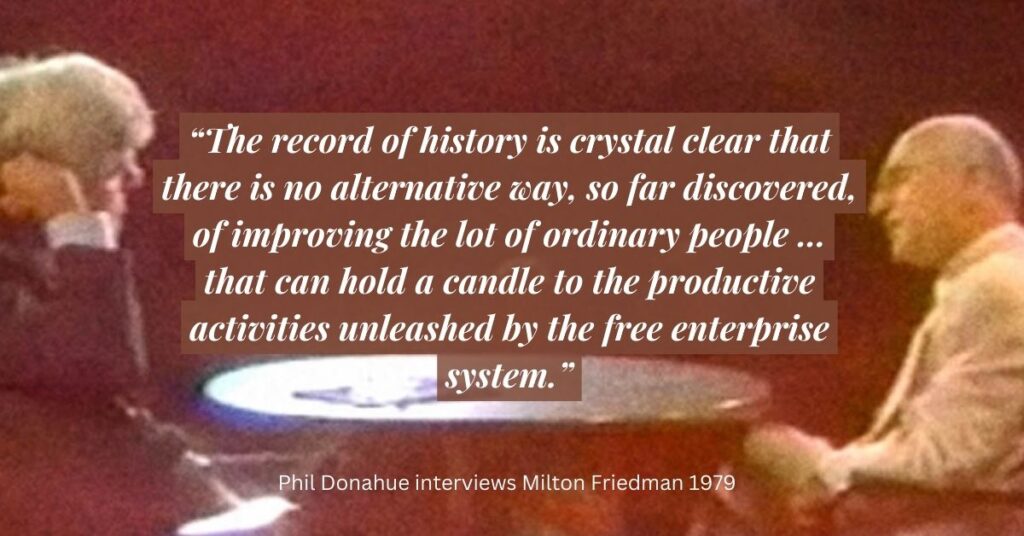
| Phil Donahue [1935-2024] passed away on August 18 at the age of 88. The American media personality, writer, and film producer was best known for his pioneering talk show The Phil Donahue Show, which began in Dayton, Ohio, in 1967 and ended in New York City in 1996. His progressive and liberal views on social and political issues were daunting. In 1979, Donahue interviewed Milton Friedman 1912-2006]. The influential American economist was awarded the Nobel Memorial Prize in Economic Sciences in 1976 and became a leading proponent of monetarism in the second half of the 20th century. Dr. Friedman was known for his practical and forceful defense of free-market capitalism and staunch opposition to Keynesian economics. Phil Donahue asked, “When you see around the globe the maldistribution of wealth, the desperate plight of millions of people in underdeveloped countries, when you see so few ‘haves’ and so many ‘have-nots’, when you see the greed and the concentration of power, aren’t you ever, did you ever have a moment of doubt about capitalism and whether greed’s a good idea to run on?” “Well,” replied Dr. Friedman, “first of all, tell me, is there some society you know that doesn’t run on greed? Do you think Russia doesn’t run on greed? Do you think China doesn’t run on greed? What is greed? Of course, none of us are greedy; only the other fellow is greedy. “The world runs on individuals pursuing their separate interests. The great achievements of civilization have not come from government bureaus. Einstein didn’t construct his theory under orders from a bureaucrat; Henry Ford didn’t revolutionize the automobile industry that way. “In the only cases in which the masses have escaped from the kind of grinding poverty that you’re talking about, the only cases in recorded history where they have had capitalism and largely free trade, if you want to know where the masses are worst off, it’s in exactly in the kinds of societies that depart from that. “The record of history is crystal clear that there is no alternative way, so far discovered, of improving the lot of ordinary people … that can hold a candle to the productive activities unleashed by the free enterprise system.” Donahue: “So, it seems to reward not virtue as much as the ability to manipulate the system.” Friedman: “And what does reward virtue? Do you think the communist commissary rewards virtue? Do you think Hitler rewarded virtue? You think, excuse me, if you’ll pardon me, do you think American Presidents reward virtue? Do they choose their appointees based on the virtue of the people appointed … or their political clout? “Is it true that political self-interest is nobler somehow than economic self-interest? You know, you’re taking a lot of things for granted. Could you tell me where in the world you find these angels who will organize society for us? I don’t even trust you [Phil Donahue] to do that.”1 Along this line of reasoning, the American Founders integrated principles of limited government into the U.S. Constitution to reflect their deep concerns about the dangers of concentrated power and the Biblical doctrine of Original Sin. Biblical truth sets forth in Genesis 3 the pessimistic view that human reasoning and nature are flawed by the inborn tendency to sin. The present-day secular belief system, i.e., secularism, advances the belief in the fundamental goodness of man and human nature, and is thereby heretical to Biblical truth. The dispute of the origin and nature of man is at the crux of America’s dalliance with secularism and deception by Satan. The current American culture is but the manifestation of the makeshift form of religion and moral order established by the radically secularized U.S. Supreme Court in 1963. |
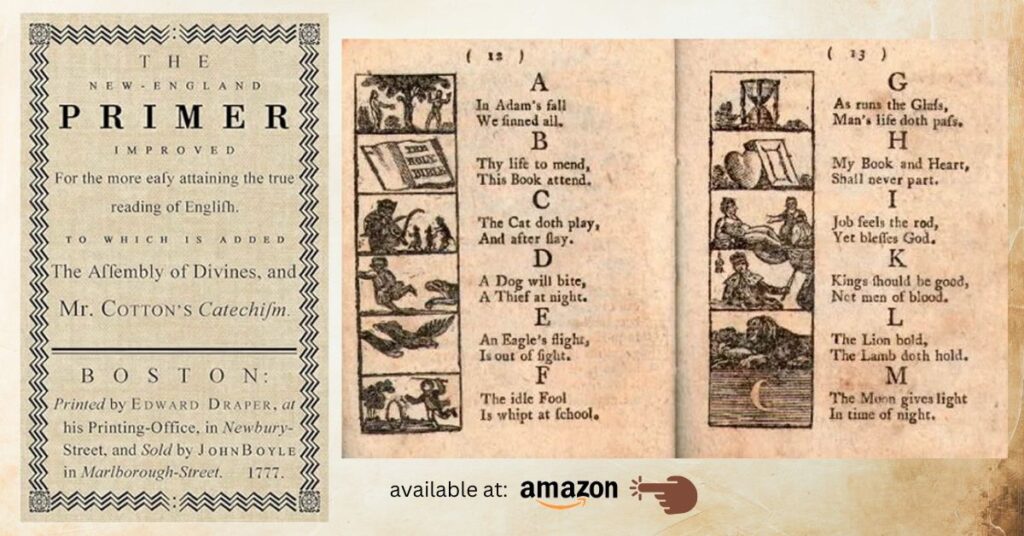
| Following the 200-year battle with anti-god secularists, which culminated in their victory and ideological supremacy over culture in the mid-60s, their insurrection began working towards its ultimate goal of minimizing the public and political influence of American Christendom. The new moral order was to separate religion from public life, among others by attempts to overhaul the prerequisites for freedom and liberty set by the American Founders, such as the separation of powers and checks and balances. Daniel 6:1-2 informs us that “It pleased Darius to set over the kingdom 120 satraps, to be over the whole kingdom; and over these, three governors, of whom Daniel was one, that the satraps might give account to them so that the king would suffer no loss.” Daniel was one of only three governors promoted over the 120 satraps by Darius [who became king after Belshazzar]. Sinclair B. Ferguson argues in his excellent Daniel Commentary that two themes appear “so that the king would suffer no loss”: 1) the insecurity of the monarch and 2) royal concern over deceit and graft. He notes that the trust of public office was used then as now to advance personal interests and to injure the interests of those being served. As for Daniel, Dr. Ferguson notes that amid graft and corruption on every hand, “Daniel stood out as a man governed by a sense of loyalty and integrity that stemmed from his right relationship with God.” Politics operates downstream from culture. Thus, America’s Founders concluded that good government and morality are intrinsically connected, and that a virtuous citizenry is essential for sustainable freedom. Hence, the Founders established the Bible as the principal component of early public education with the goal of shaping the moral character of the nation’s youth. The New England Primer stood as the foundational textbook in early American curriculum; it was first published in the late 17th century [around 1687] and was in widespread use until the 19th century. The Primer taught the ABCs, where each alphabet letter was associated with a Biblical character or a scriptural lesson, and a corresponding doctrinal truth was anchored in the mind with a rhyme. For example: A stood for Adam, which was accompanied by woodcut of Adam and Eve, with the rhyme In Adam’s fall, we sinned all. C stood was for Christ, with the saying Christ crucified for Sinners Dy’d. The Primer was thus part of the theological bedrock of the once Biblically based culture.2 The American Founders introduced the political principles of limited government, separation of powers, and checks and balances out of their deep concern for the dangers of concentrated power and the fundamental doctrine of Original Sin. To make the case in point, last week, the House Oversight, Ways and Means, and Judiciary Committees concluded that President Biden engaged in impeachable conduct by helping to enrich his family with millions of dollars in business schemes that traded on his name and then defrauded voters by lying to cover up the scandal.3 “The totality of the corrupt conduct uncovered by the Committees is egregious,” they wrote. “President Joe Biden conspired to commit influence peddling and grift. In doing so, he abused his office and, by repeatedly lying about his abuse of office, has defrauded the United States to enrich his family.”4 The report reinforces the genius and spiritual depth of the early American Founders and the principles and fundamentals of sustaining American freedom and liberty. Thankfully, Gideons and Rahabs – where righteousness is ultimately vindicated in God’s kingdom – are beginning to rise. David Lane American Renewal Project 1. www.youtube.com/watch?v=MQ0-cDKMS5M 2. chalcedon.edu/resources/articles/a-christian-america-education-and-the-founders 3. justthenews.com/accountability/political-ethics/three-house-committees-work-together-investigate-doj-interference?utm_source=breaking&utm_medium=email&utm_campaign=newsletter 4. 2024.08.19 Report of the Impeachment Inquiry of Joseph R. Biden Jr. President of the United States.pdf |


